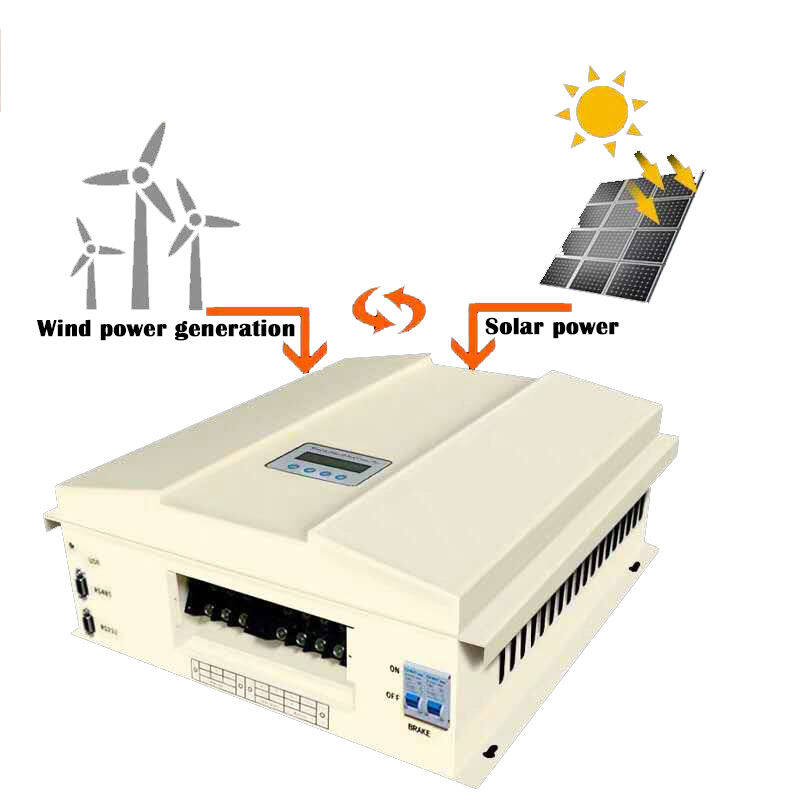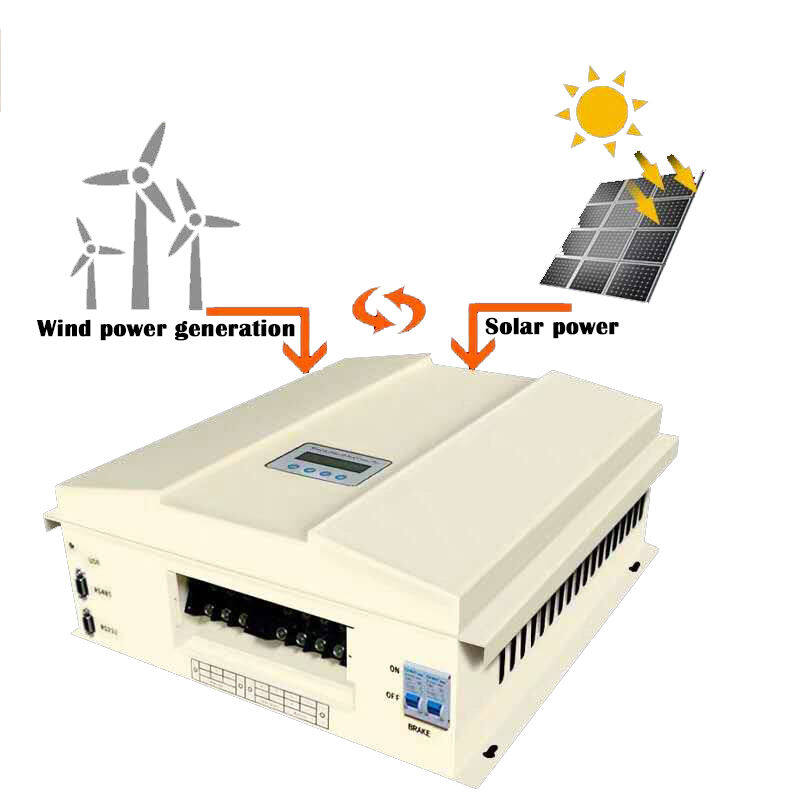Email format error
Email cannot be empty
Email already exists
6-20 characters(letters plus numbers only)
The password is inconsistent
Email format error
Email cannot be empty
Email does not exist
6-20 characters(letters plus numbers only)
The password is inconsistent


Exploring the World of Off-Grid Solar Controllers: Powering Your Adventure with Renewable Energy
In today’s fast-paced world, where we are constantly connected to technology, the idea of going off-grid can seem both appealing and daunting. Imagine disconnecting from the hustle and bustle of modern life, finding peace in remote locations, and living sustainably with minimal impact on the environment. While this might sound like a distant dream to many, the rise of off-grid solar systems has made it possible to turn this dream into a reality. A key component of these systems is the off-grid solar controller, a device that ensures the efficient and safe use of solar power.
What Is an Off-Grid Solar Controller?
An off-grid solar controller, also known as a charge controller, plays a vital role in managing the energy generated by your solar panels. When you’re living off the grid, your energy needs are typically met by solar panels that capture sunlight and convert it into electricity. However, the energy produced by these panels is not always in the right form for use in your home or for charging batteries. This is where the off-grid solar controller comes in.
The controller regulates the voltage and current coming from the solar panels, ensuring that your batteries are charged safely and efficiently. It prevents overcharging, which can damage batteries and reduce their lifespan, and also protects against excessive discharging, which can leave you without power when you need it most. Essentially, the off-grid solar controller acts as the brain of your solar system, optimizing the flow of energy to ensure your system runs smoothly.
The Benefits of Going Off-Grid
Going off-grid offers a unique opportunity to live a more self-sufficient and environmentally friendly lifestyle. With an off-grid solar system, you can generate your own power, reducing or even eliminating your reliance on traditional energy sources. This can be especially advantageous in remote areas where access to the electrical grid is limited or nonexistent.
Here are some key benefits of going off-grid with solar power:
Energy Independence: One of the most significant advantages of an off-grid solar system is the ability to generate your own power. This independence means you’re no longer subject to power outages, rising electricity costs, or dependence on energy providers.
Environmental Impact: Solar energy is a clean, renewable source of power that doesn’t produce harmful emissions. By relying on solar power, you can reduce your carbon footprint and contribute to a healthier planet.
Cost Savings: While the initial investment in an off-grid solar system can be substantial, the long-term savings are considerable. Once your system is in place, your energy costs are virtually eliminated. Over time, the system pays for itself, especially as energy prices continue to rise.
Remote Living: Off-grid solar systems are ideal for those who want to live in remote or rural areas, far from the reach of traditional power lines. Whether you’re building a cabin in the mountains, setting up a yurt in the desert, or creating a tiny home in the woods, an off-grid solar controller can help you power your adventure.
Resilience: In an era of increasing climate instability, having an off-grid solar system makes you more resilient to extreme weather events that can disrupt power supplies. You’ll have a reliable source of energy no matter what’s happening around you.
Choosing the Right Off-Grid Solar Controller
Selecting the right off-grid solar controller is crucial to the success of your solar system. There are a few key factors to consider when making your choice:
Type of Controller: There are two main types of solar controllers: Pulse Width Modulation (PWM) and Maximum Power Point Tracking (MPPT). PWM controllers are simpler and less expensive, making them a good choice for smaller systems. However, MPPT controllers are more efficient, especially in larger systems, as they can adjust the voltage to maximize the amount of power generated by the solar panels.
System Voltage: Your solar controller needs to match the voltage of your solar panel array and battery bank. Common voltages are 12V, 24V, and 48V. Be sure to choose a controller that is compatible with your specific system setup.
Current Rating: The current rating of the controller determines how much current it can handle from the solar panels. It’s important to choose a controller with a current rating that matches or exceeds the current produced by your solar panels to avoid overheating and damage.
Additional Features: Some off-grid solar controllers come with additional features, such as temperature compensation, which adjusts the charging rate based on the temperature to prolong battery life. Others might include monitoring capabilities, allowing you to track your energy production and usage.
Real-Life Applications of Off-Grid Solar Controllers
Off-grid solar controllers are used in a variety of applications, from remote cabins and tiny homes to boats, RVs, and even large-scale off-grid communities. Here are a few examples of how people are using these controllers to power their off-grid lifestyles:
Off-Grid Cabins: Many people are building cabins in remote locations, where access to the electrical grid is not feasible. With an off-grid solar system, these cabins can be fully powered by the sun, providing electricity for lighting, appliances, and even heating.
Tiny Homes: The tiny home movement has gained popularity in recent years, with many people choosing to downsize and live more sustainably. An off-grid solar controller allows these tiny homes to operate independently of the grid, reducing their environmental impact and providing energy self-sufficiency.
RVs and Boats: For those who love to travel, off-grid solar systems are a game-changer. Whether you’re cruising on a boat or driving across the country in an RV, an off-grid solar controller ensures that you have a reliable source of power wherever you go.
Emergency Backup Systems: Even for those who live in grid-connected homes, an off-grid solar system can serve as an emergency backup power source. In the event of a power outage, your off-grid system can keep your essential devices running, providing peace of mind in uncertain times.
Conclusion
The world of off-grid living is full of possibilities, and with the right tools, it’s easier than ever to embrace this lifestyle. An off-grid solar controller is a crucial component of any off-grid solar system, ensuring that your energy is managed efficiently and safely. Whether you’re looking to reduce your carbon footprint, gain energy independence, or explore the great outdoors, investing in a quality off-grid solar controller is a step toward a brighter, more sustainable future.
So, if you’re ready to take the plunge and go off the grid, start by researching the best off-grid solar controller for your needs. With the right controller in place, you’ll be well on your way to a life powered by the sun, free from the constraints of traditional energy systems, and fully in control of your own power supply.

